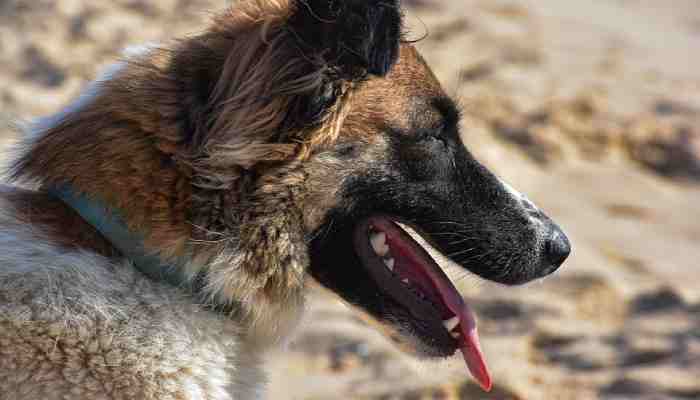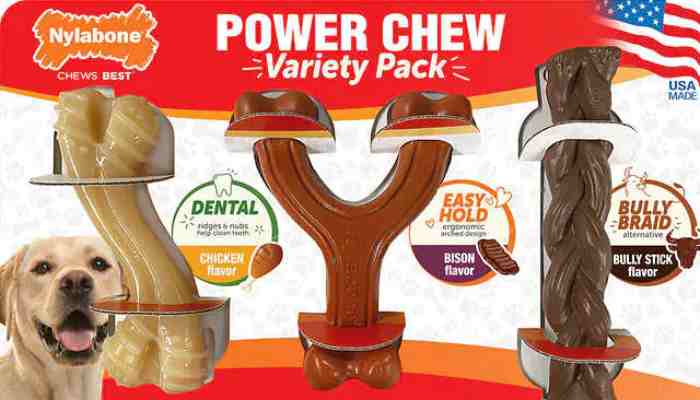Tooth decay, also known as dental caries, is a common dental problem that affects dogs. Just like humans, dogs are susceptible to dental issues, including tooth decay, which can cause discomfort, pain, and potential complications if left untreated. Understanding the causes, symptoms, and treatment options for tooth decay in dogs is crucial for maintaining their overall oral health and well-being.
Causes of Tooth Decay
Tooth decay in dogs is primarily caused by the buildup of plaque and tartar on the teeth. When dogs consume food, bacteria in the mouth combine with food particles and saliva, forming a sticky film called plaque. If plaque is not removed through regular brushing and dental care, it can harden and turn into tartar, which provides an ideal environment for bacteria to thrive. The bacteria produce acids that attack the tooth enamel, leading to decay and cavities.
Certain factors can increase the risk of tooth decay in dogs. Poor dental hygiene practices, including infrequent tooth brushing and lack of professional dental cleanings, contribute to plaque and tartar buildup. Additionally, the diet plays a significant role, as sugary and starchy foods can promote the growth of bacteria and increase the likelihood of tooth decay. Furthermore, age, breed, and genetics can also influence a dog’s susceptibility to dental problems, including tooth decay.
Symptoms of Tooth Decay
Detecting tooth decay in dogs can be challenging as they often mask their discomfort or pain. However, there are some signs that dog owners can look out for. These include bad breath (halitosis), visible discolouration or dark spots on the teeth, difficulty eating or chewing, pawing at the mouth, drooling excessively, bleeding or inflamed gums, and avoiding certain types of food. If you notice any of these symptoms, it is essential to seek veterinary attention for a thorough dental examination.
Treatment of Tooth Decay
The treatment for tooth decay in dogs depends on the severity of the condition. In mild cases, where only the enamel is affected, the veterinarian may recommend professional dental cleaning to remove the plaque and tartar buildup. This procedure is typically performed under anesthesia to ensure the comfort and safety of the dog. The veterinarian will use specialized dental tools to clean the teeth thoroughly, including scaling to remove plaque and tartar above and below the gumline.
In more advanced cases of tooth decay, when cavities or dental infections are present, extractions may be necessary. Tooth extractions in dogs are performed under anesthesia, and the veterinarian will carefully remove the decayed tooth to alleviate pain and prevent further complications. The remaining teeth will be evaluated for any additional issues and treated accordingly.
Preventing Tooth Decay
Prevention is key when it comes to tooth decay in dogs. Establishing a regular dental care routine is crucial for maintaining optimal oral health. Dog owners should brush their dog’s teeth regularly using a dog-specific toothbrush and toothpaste. It is important to introduce toothbrushing gradually, making it a positive experience for the dog by using rewards and praise.
In addition to toothbrushing, providing appropriate chew toys and dental treats can help remove plaque and tartar from the teeth. There are various dental products available specifically designed for dogs, such as dental chews and rinses, which can aid in reducing plaque buildup. However, it is important to consult with a veterinarian before introducing any new products to ensure they are safe and suitable for your dog.
Regular veterinary dental check-ups are essential for monitoring your dog’s oral health. During these visits, the veterinarian will conduct a thorough dental examination, provide professional cleanings when necessary, and offer guidance on at-home dental care.
Tooth decay in dogs is a prevalent dental problem that requires attention and proper dental care. Understanding the causes, recognizing the symptoms, and seeking timely veterinary treatment are essential for maintaining your dog’s oral health and overall well-being. By practising good dental hygiene, providing appropriate chew toys and treats, and scheduling regular dental check-ups, you can help prevent tooth decay and ensure your furry friend has a healthy and pain-free smile.


